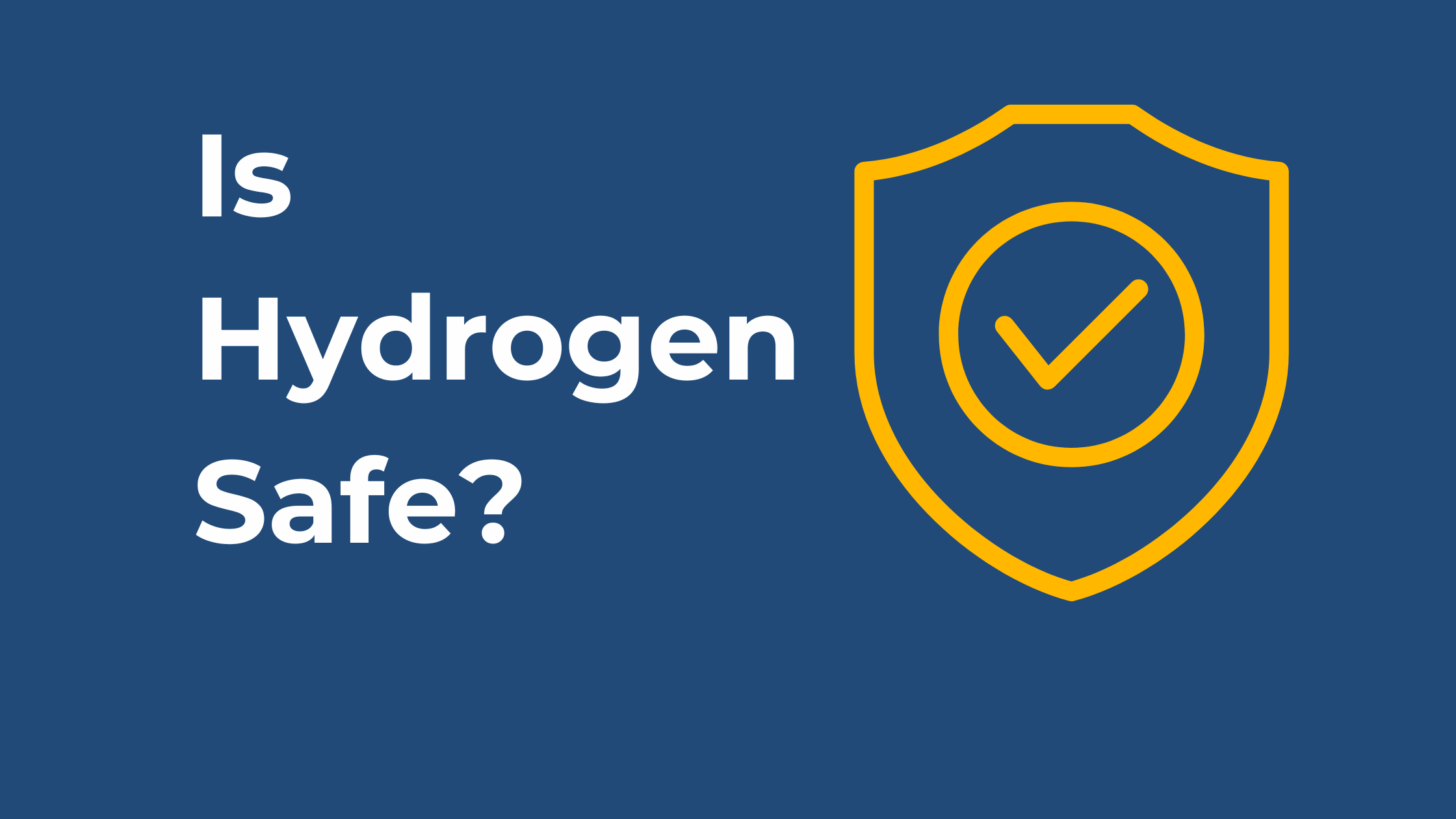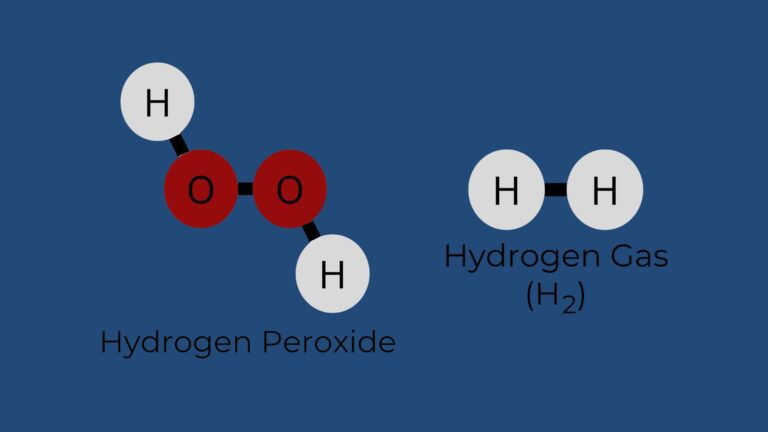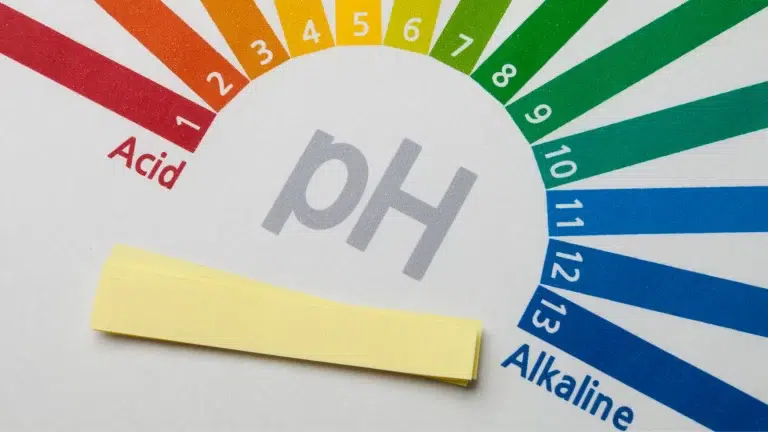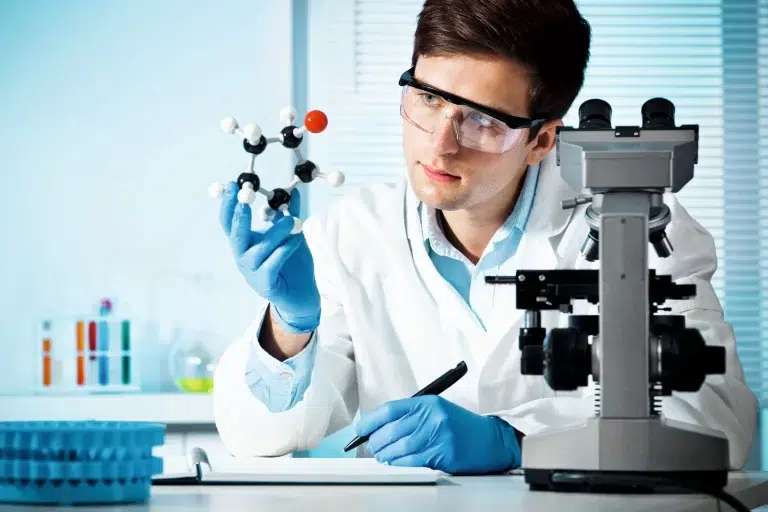Molecular hydrogen (also known as H2, diatomic hydrogen, hydrogen gas, or dihydrogen) is a tasteless, odorless gas that can be used as a therapeutic treatment due to its antioxidant effects and ability to reduce oxidative stress. Whether consumed via inhalation, injection, drinking hydrogen water, or applying it topically, it is generally considered safe.
In fact, hydrogen gas has been shown to be very safe at concentrations hundreds of times higher than what is being used for therapy. Molecular hydrogen has been given GRAS (Generally Recognized As Safe) status by the FDA. GRAS status means that the ingredient must be reasonably expected to be safe under the recommended use guidelines. Molecular hydrogen has been successfully used in many clinical trials with no toxic side effects.
Have there been any negative side effects?
As far as the research goes, there have been no contraindications shown with taking molecular hydrogen as directed. It will not counteract antioxidants, and if anything it might be good to take with any pro-oxidant therapy, including hyperbaric oxygen, ozone, etc. Hydrogen’s safety was first shown in the late 1800s when it was used to locate gunshot wounds in the intestine.
Hydrogen gas has been used in different capacities for hundreds of years and even at very high levels has shown no toxic side effects. Hydrogen gas is natural to the body. After eating a fiber-rich meal, our gut bacteria can produce liters of hydrogen in a single day (an added benefit to eating fruits and vegetables).
Is hydrogen gas good for you?
Several animal and human studies have shown beneficial effects on diabetes and cardiovascular conditions. Again, we need more clinical research to truly know the true efficacy of molecular hydrogen. Some people understandably don’t want to take something unless it has reached the level of science-based mainstream medical acceptance. Moreover, we certainly don’t recommend that people try molecular hydrogen instead of using well-established medical treatments. But for those who are early adopters who want to try something new and promising as long as it is safe, then you can be confident in the high safety profile of molecular hydrogen.
Conclusion
In summary, hydrogen gas is a naturally occurring substance and is natural to our bodies. It is safe to consume as directed. However, although hydrogen gas itself is safe, not all the methods are safe. For example, drinking too much water can be harmful, inhaling H2 without getting enough oxygen, inhaling H2 that has other volatile contaminants, or using other methods that contaminate the H2 water during the process of making the H2 water.
See Scientific Studies on Safety
Learn more with our Level 1 Certification Courses







